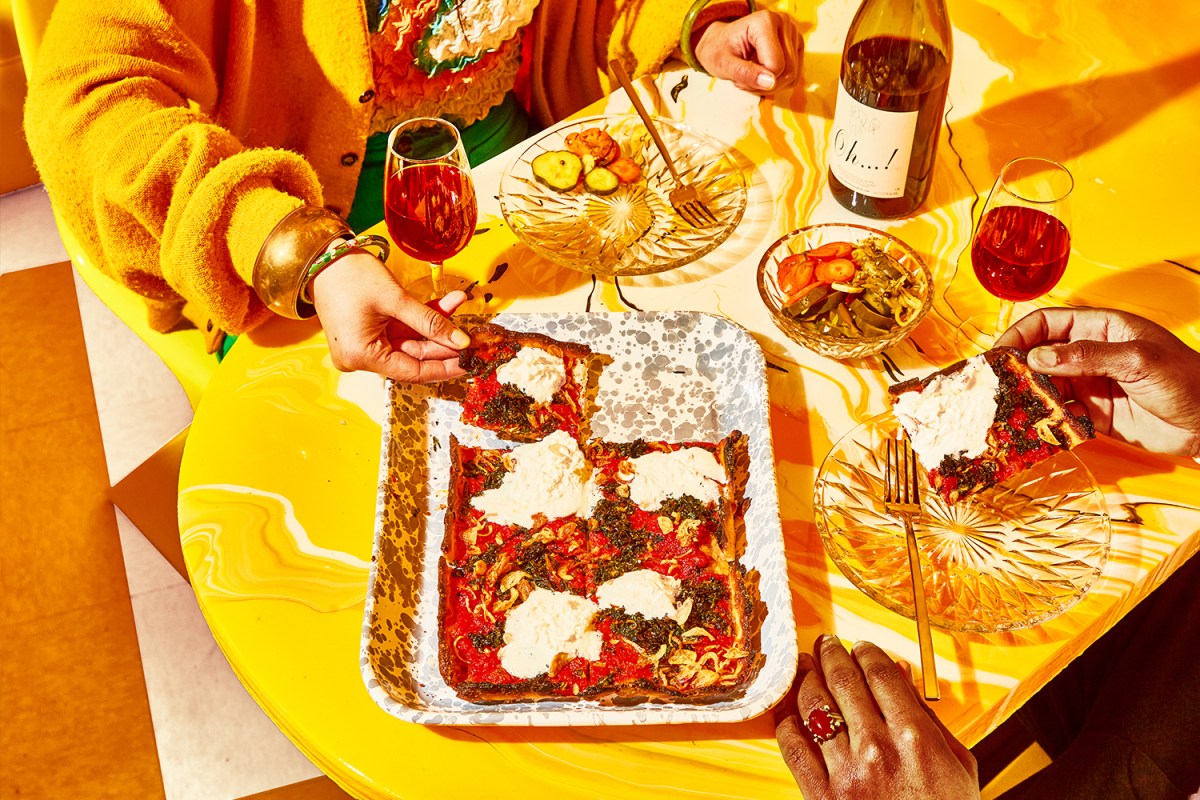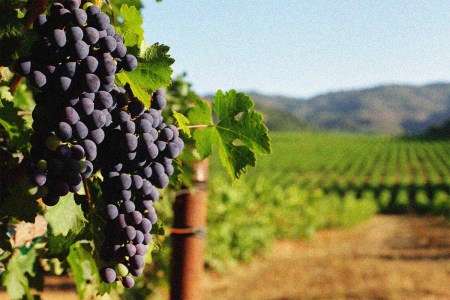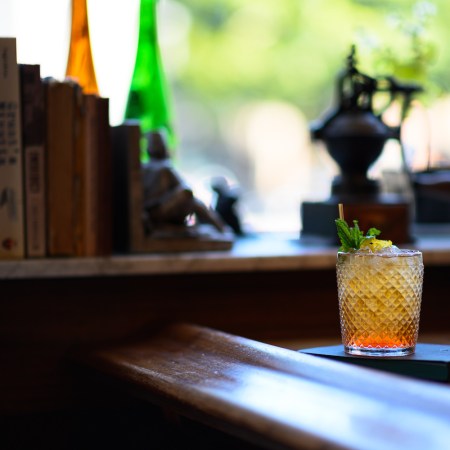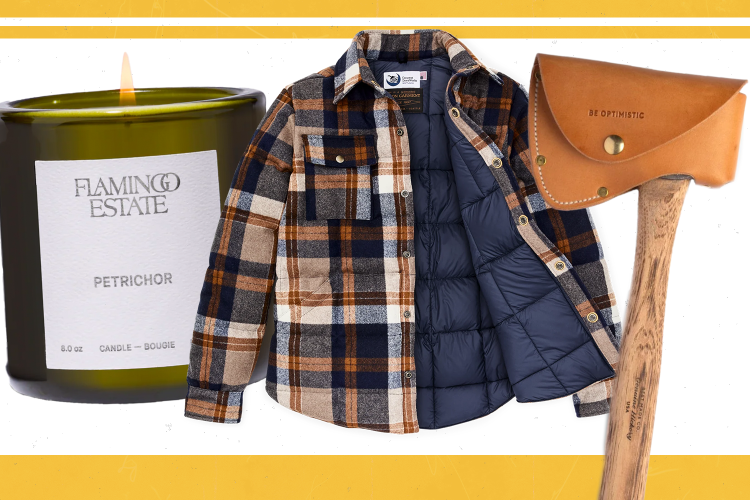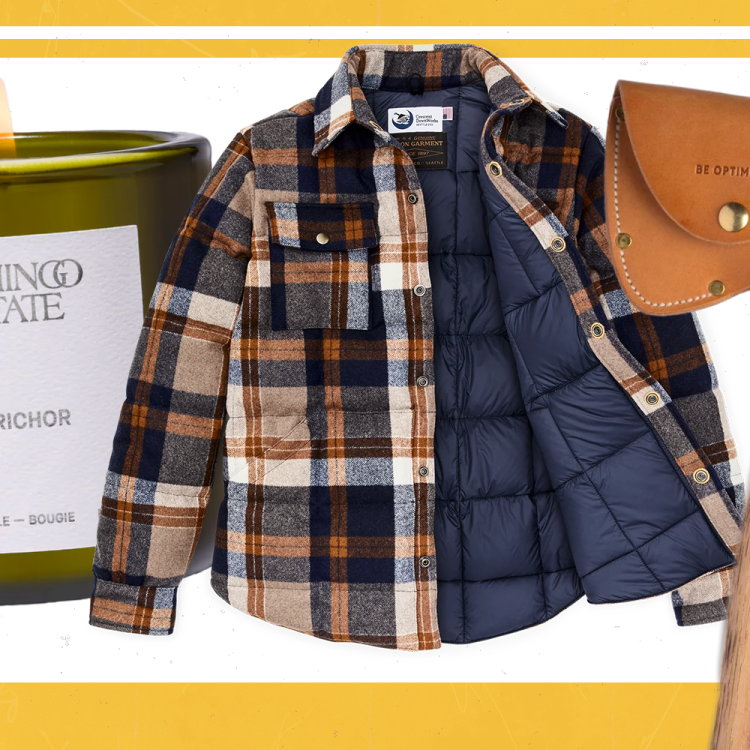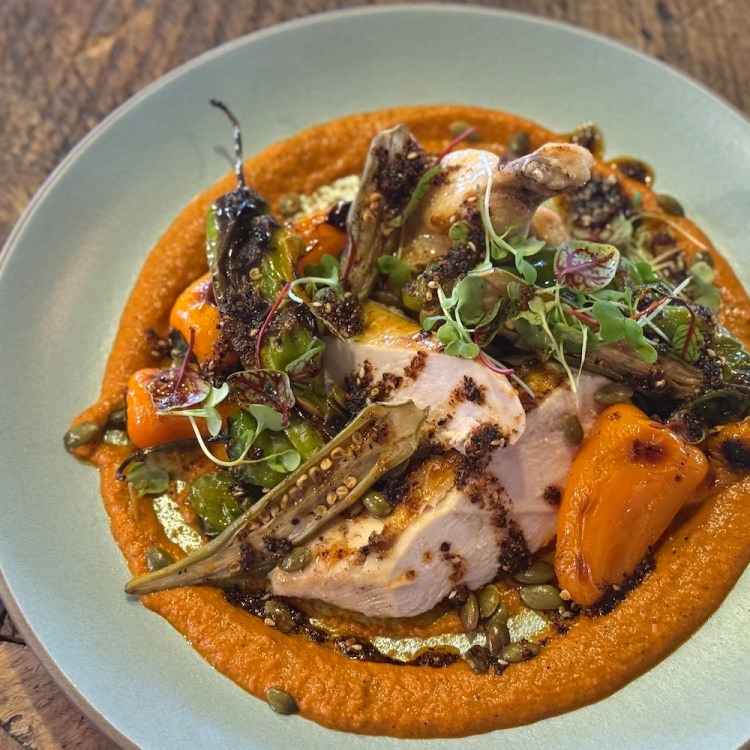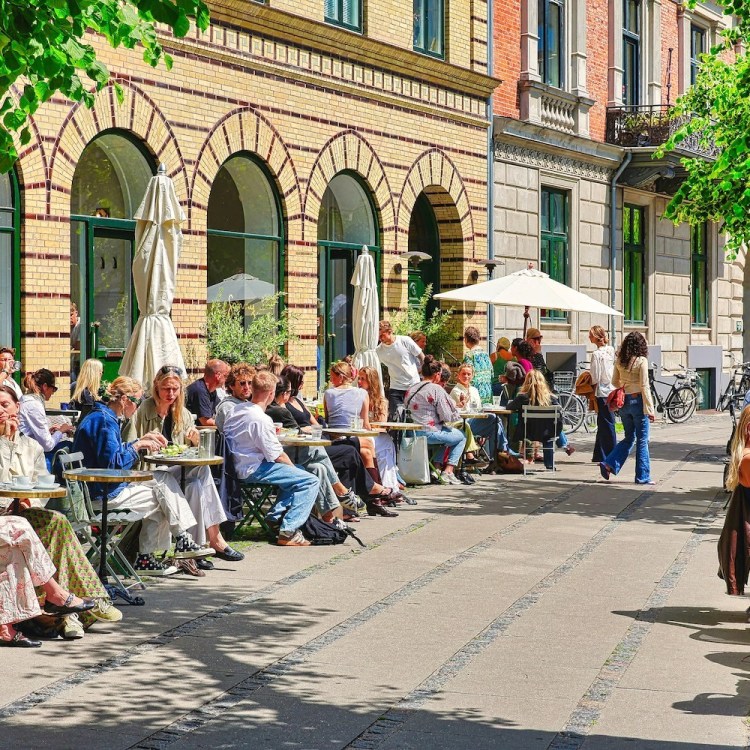At the restaurant Shuggie’s, pizzas are known as “trash pies,” and the name is apt. To make them, founders David Murphy and Kayla Abe rely on literal garbage: offcuts, “ugly” produce and byproducts from the production of everything from cheese to oat milk.
“You see mountains of salmon belly sitting around, and it’s a dream for a chef, but for the public it’s like, ‘Oh, what would you do with that?’” says chef Murphy. “A lot of times, these purveyors…they throw this stuff out.”
Shocked? You shouldn’t be. In 2020, climate solutions organization Project Drawdown reported that up to 40% of food produced around the world is never eaten; in 2018, the EPA estimated that the American commercial, institutional and residential sectors wasted 63.1 million tons of food, making up 21.6% of total municipal solid waste. (And that doesn’t even include food wasted in industrial manufacturing and processing; the number then skyrockets to 103 million tons.) Of those 63.1 million wasted tons, the EPA reports, over half goes straight into landfill.
Food waste is not a uniquely American problem, but while countries like France and the Netherlands have passed laws in an attempt to curtail the issue, in the U.S., nationwide legislation to this effect has yet to surface. Five states have nevertheless passed laws to keep food out of landfills; a handful more offer tax incentives to do so. But of the 930 million tons of food the United Nations estimates is wasted worldwide each year (not counting what gets dumped on farms), the U.S. is responsible for over 11% alone. With a population of just 329.5 million, we somehow manage the dubious honor of ranking third worldwide in terms of annual household food waste, after China (pop. 1.402 billion) and India (1.38 billion). (We are not, however, the worst per capita offenders. According to data from the 2021 UNEP Food Waste Index Report, the average American wastes about 130 pounds of food a year, as compared to 170 pounds per Brit or Spaniard, and a whopping 225 pounds per Australian.)
Abe and Murphy have been devoted to reducing food waste and increasing awareness on the issue for years. It motivated them, in 2018, to found their award-winning company Ugly Pickle Co., where, they estimate, they have saved upwards of 40,000 pounds of produce to date by pickling neglected veggies.
Both are sensitive to the widespread implications of food waste, but their inspiration started on a far smaller scale. Indeed, it was following frank conversations with local farmers and purveyors that they became familiar with the issue.
“I just kept having farmer friends throw me cases of excess greens that they could not sell, or just like, random radishes that people just kept passing over,” Murphy recalls. The chef would protest, at first, saying he didn’t have the budget for additional food. “They were like, ‘No, no, you don’t understand. If you don’t take this, it goes to waste.’”
Abe also found herself learning more about the issue from the same farmers, but both assert that the issue, at the time, seemed one more linked to the finances of a handful of hardworking individuals than a pervasive global problem.
“We had these conversations with the same farmers at the San Francisco farmers market, mainly about their bottom line and the financial impact of losing produce to cosmetic irregularities or surplus,” says Abe, who formerly served on the board of the Upcycled Food Association. “Things coming to harvest at the same time and them needing to move it really quickly.”
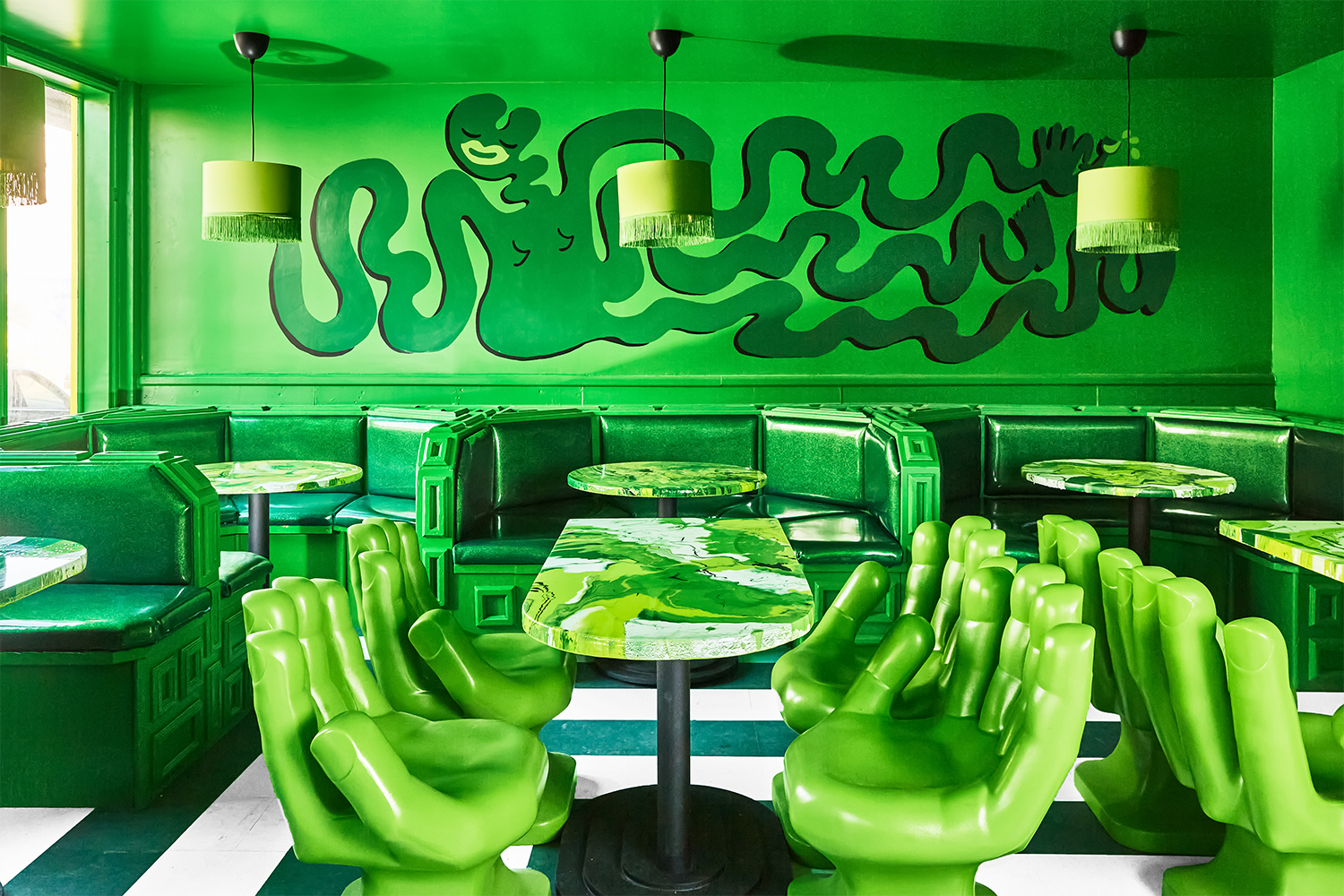
At the time, asserts Murphy, “there weren’t articles out about food waste affecting climate change; it was strictly the relationship between us and the folks that are breaking their backs in the fields. That’s where it started.”
Soon, however, the wider impact of the problem became clear. Let’s set aside, for a moment, the carbon emitted in the production of any food, whether it’s consumed or not: .26 kilograms for 3.5 ounces of nuts, for example, or a whopping 49.89 kilograms for the same amount of beef, the production of which makes up nearly half of all American agricultural emissions and 3.7% of total U.S. emissions. In the U.S., landfill is responsible for about 109.3 million metric tons of carbon dioxide equivalent, or 16.8% of total American methane emissions. As a result of both of these factors, according to Project Drawdown, food waste is responsible for roughly 8% of total global emissions.
In 2021, the UN, motivated by the climate impact of the issue, implored the global population to halve food waste by 2030 — and Abe and Murphy realized that they could do more than just make pickles.
It was during the pandemic, Abe recalls, that they began thinking about “another format, another way to help engage people in this idea.”
“We’d already, through Ugly Pickle, been having these conversations with people, and trying to educate people on this issue,” she says. “But with the pandemic, supply chains became even more fragmented.” Opening a restaurant, she asserts, felt like a more “dynamic” way to engage people on the issue.
“Zero waste is what every good chef should have always been doing anyway,” says Murphy. “But what we’re talking about, when we’re talking about food waste, is sequestering waste from outside sources. Not just from the farm, not just from our own streams, but other people’s streams of waste.”
10 Sustainable Wineries to Add to Your Sonoma Itinerary
Where to sip and swirl responsibly in Northern California’s most eco-conscious wine regionAbe and Murphy designed the “trashy glam” space that would become Shuggie’s themselves. Most of the furniture and décor is either thrifted, repurposed or hand-built, in keeping with the spirit of the initiative. A cheetah mural by Abe adorns the east wall; the Wine Bodega space boasts glittery green bars and serves exclusively natural wines.
On the menu at the Mission District restaurant, a shared plates section takes full advantage of a far wider range of products than the pair were able to absorb at Ugly Pickle Co.
“In retail, they want certain products because they have certain slots that they want to fill,” says Murphy. “They also have to look at like their bottom line and say, ‘Are consumers going to go after a radish pickle? Maybe not!’”
At Shuggie’s, they have far more freedom to take advantage of the produce farmers need to offload.
“Food waste, at the produce level at least, has so much to do with time constraints,” says Murphy. The restaurant allows them “to better understand what farmers need and want, and how to make this actually an opportunity for them as well, rather than a burden that they have to bear alone.”
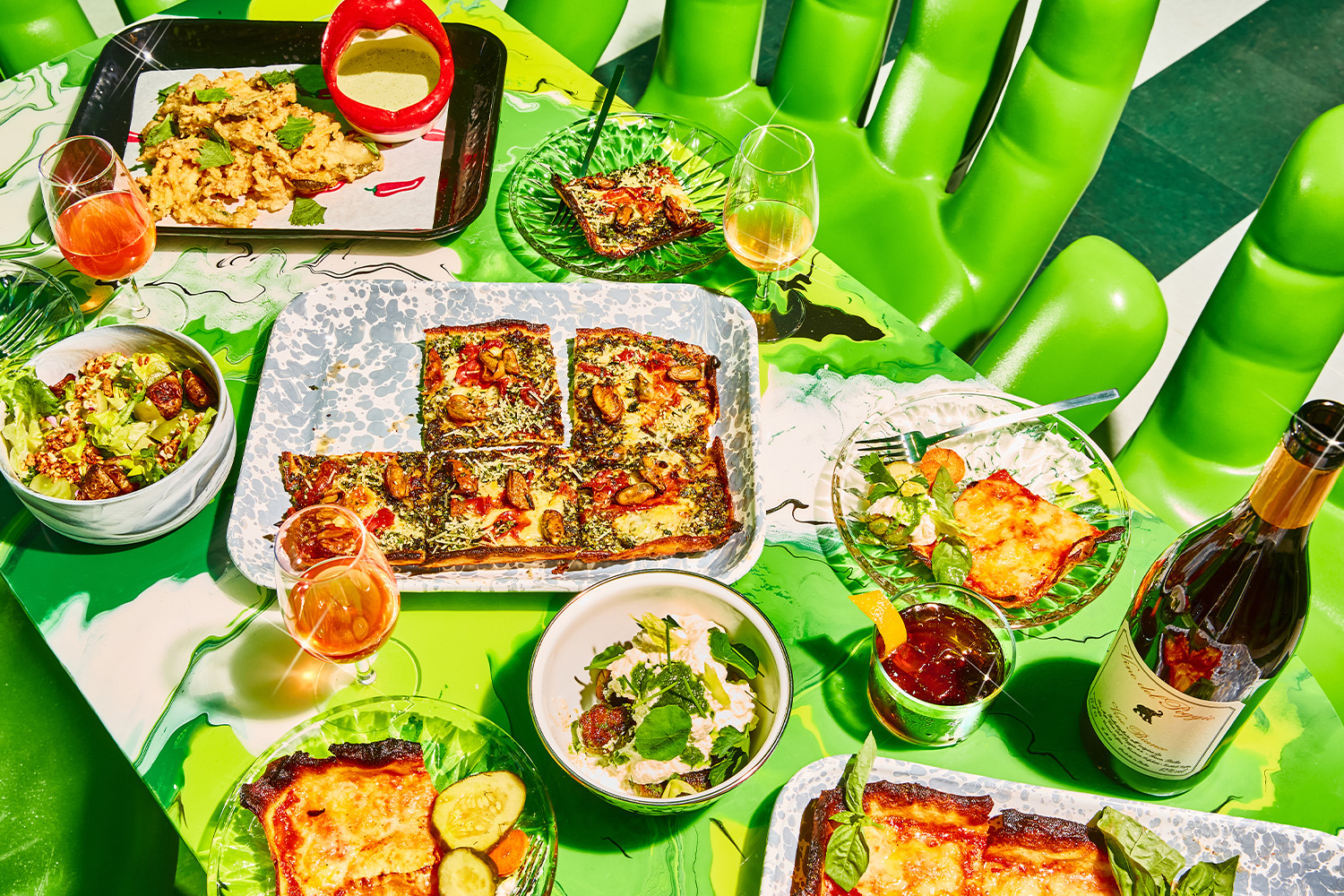
It also means chef Murphy can get far more creative, tapping into his two decades in the kitchen to craft dishes like Stems, Leaves & Buds, which marries crispy cauliflower with spicy pickled cauliflower stems and a labne emulsion, or Buffalo Everything, featuring chicken wings, livers, gizzards and hearts glazed in a secret buffalo Calabrian chili sauce. It renders the offal far more approachable to Americans who, despite the rise in nose-to-tail butchery, may still turn up their noses at the mention of innards.
“We have the luxury of being able to choose prime cuts in America,” says Abe, “and we have this obsession with big hunks of meat, but I think in a lot of our conversations, and kind of unearthing all of our ingredient sources for this restaurant, there’s just been a lot of conversations out of curiosity.”The menu also features seafood, something Abe says “has been newer for us.”
“We didn’t know as much about the waste in that realm,” she says, “but it turns out that it reflects very much the waste landscape with produce.”
Indeed, one UN report released in 2018 found that while a third of the world’s fish stocks were overfished, over a third of fish caught were simply never eaten. For Abe and Murphy, the discovery of the problem, and a way to combat it, came from their partnerships. Murphy recalls touring a local fishery and seeing an “intense amount of stuff left on the cutting-room floor.”
“For a chef, it’s like, oh my god, this is incredible,” he says, “but also very sad, because culturally, Americans don’t go after this stuff.”
With much the same approach as he has taken with organ meats, Murphy renders these items approachable, transforming offcuts, bycatch and surplus into BBQ’d fish collar or preserved mussels.
“We’ve just tried to really ask questions to everyone in the food system,” says Abe, “and dig to see what sources of waste there are available, working backwards from that.”
While Murphy certainly flexes his creative muscles on small plates, the heart of the menu is indeed the trash pies: grandma-style pizzas with a super thin, crispy crust made from spent oat flour, a byproduct of oat milk (and one that Abe, with her experience working at Oatly, knows well). They source it from Renewable Mill, an Oakland-based company milling flour from upcycled ingredients, and offer a rotating list of pies featuring short-coded cheese from Cowgirl Creamery and underrated offcuts like trotters, abandoned Tuscan chard or blemished tomatoes.
“It’s a great dumpster for greens and alliums that are going,” says Murphy of the choice to focus on pizza, but it’s more than that.
“Pizza is probably the most fun food,” he says, noting that their approach, at Shuggie’s, is “definitely about being outside of the box of what a normal restaurant would think about… And also just making it really freaking fun.”
Every Thursday, our resident experts see to it that you’re up to date on the latest from the world of drinks. Trend reports, bottle reviews, cocktail recipes and more. Sign up for THE SPILL now.
